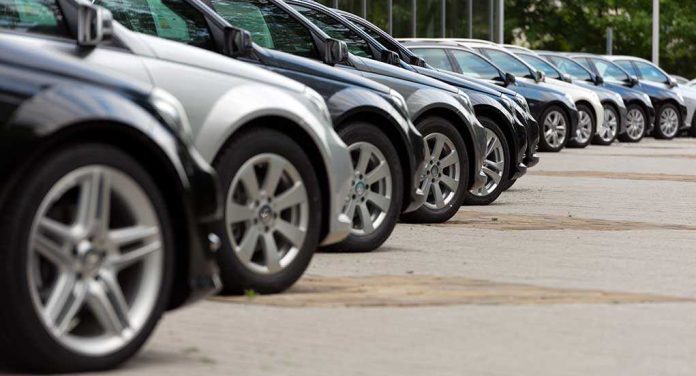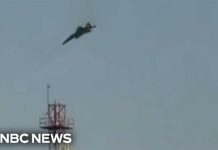
Jaguar Land Rover’s recall of nearly 21,000 Range Rover Evoque SUVs for faulty airbags is another reminder that when it comes to auto safety, the so-called “experts” and global supply chains are usually asleep at the wheel—until it’s too late.
At a Glance
- Jaguar Land Rover is recalling almost 21,000 Range Rover Evoque SUVs in the US due to a dangerously defective front passenger airbag.
- The airbag, supplied by Joyson Safety Systems Hungary, may tear during deployment, meaning less protection in a crash and a real risk of burn injuries from escaping hot gases.
- No injuries or crashes reported yet, but JLR will replace the airbag module for free, notifying dealers in July and owners in August 2025.
- This is the latest in a string of airbag failures and recalls across the auto industry, proving that supply chain “oversight” still isn’t working as promised.
Jaguar Land Rover’s Airbag Fiasco: A Symptom of Industry-Wide Complacency
Jaguar Land Rover, the storied British carmaker, is hauling nearly 21,000 Range Rover Evoque SUVs back to the shop in the United States, all because their “state-of-the-art” front passenger airbags might shred like tissue paper if actually needed. The affected vehicles span the 2021 through 2025 model years—so we’re not talking about some relics here, but brand-new, high-priced luxury rides. The culprit? A defectively folded airbag module, courtesy of Joyson Safety Systems Hungary, a major global supplier that, apparently, couldn’t be bothered to get the basics right on safety.
This issue first bubbled up back in May 2023, when Jaguar Land Rover’s own internal crash tests revealed that airbags were deploying “abnormally”—in other words, not protecting anyone. Subsequent investigations laid bare the embarrassing truth: inconsistent folding of the airbag during assembly led to the cushion tearing as it inflated. By June of 2025, after two years of field samples and more head-scratching, the company finally admitted the obvious—this posed a clear safety risk. JLR’s leadership signed off on a recall June 30, 2025, and the National Highway Traffic Safety Administration (NHTSA) was officially notified a week later.
A Recall Playbook as Predictable as It Is Frustrating
JLR will start by telling its dealers about the recall on July 21, 2025. Owners—who shelled out a small fortune for these vehicles—won’t get notifications until the end of August. The company promises to replace the defective airbag module free of charge, as if that’s some kind of gift rather than the bare minimum. At least there haven’t been any reported injuries or crashes—yet. But there’s real potential for reduced crash protection and burn injuries if that airbag fails when it matters most.
This is hardly the first time Jaguar Land Rover has faced a safety scandal in the US. The company is still smarting from a recent NHTSA probe into steering knuckle failures in over 90,000 vehicles. And let’s not forget the infamous Takata airbag debacle, which set the gold standard for corporate incompetence and regulatory whack-a-mole. Yet, somehow, the industry keeps finding new ways to bungle the basics of safety, even as prices soar and promises of “innovation” multiply.
Consumers Pay the Price—Again—While Industry and Regulators Trade Blame
For Range Rover Evoque owners, the recall means hassle, wasted time, and yet another reminder that “luxury” doesn’t always buy peace of mind. For JLR, it’s a PR and financial headache, with the bill for repairs, logistics, and lost trust soon coming due. Dealers get saddled with extra work and angry customers. Meanwhile, Joyson Safety Systems Hungary will probably chalk this up as the cost of doing business, and NHTSA will pat itself on the back for “acting swiftly”—years after the original problem surfaced.
This episode highlights the same old story: a global supply chain where accountability is always someone else’s job, an industry that treats recalls as routine, and a regulatory environment that only springs into action after enough embarrassing headlines. Safety experts and consumer advocates are already calling for more “robust quality control,” and you can bet there will be new calls for tighter oversight. But if history is any guide, this won’t be the last time a major automaker gets caught with its airbags down.














